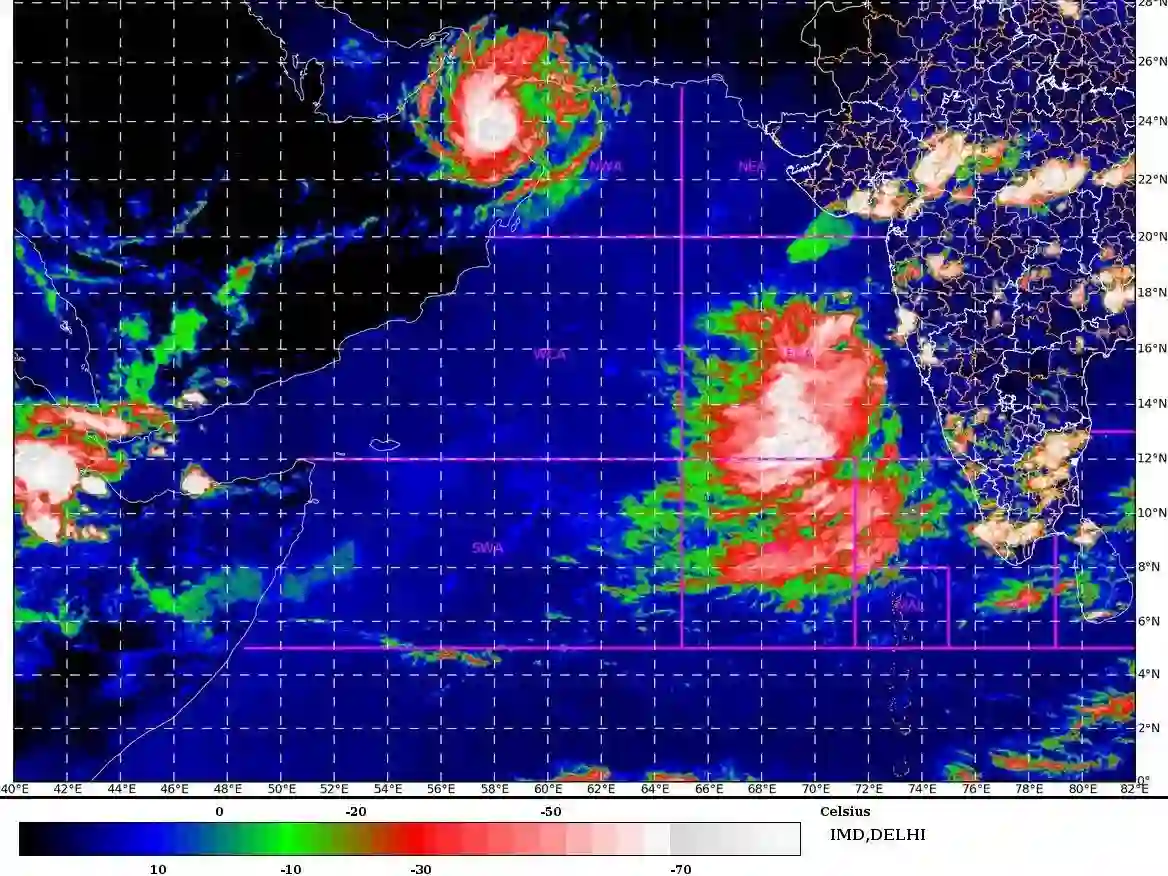Maldives has come to Glasgow for the COP26 summit on climate change with hope. The hope is that nations will show action to keep the global warming target to 1.5 degrees Celsius and put the promised climate money on the table.
For Small Island Nation States like the Maldives, it is a matter of survival as sea levels rise and gobble up land and people. But for the Maldives, besides the rising waters, frequent cyclones in the Indian Ocean are beginning to pose another threat.
Dr Anjal Prakash, Research Director and Adjunct Associate Professor, Bharti Institute of Public Policy, ISB, and lead author in the 6th Assessment report of IPCC, told India Narrative that for Maldives and similar small island nations, it is very important that world leaders reach a consensus and commit to net zero targets by 2050.
President @ibusolih along with Speaker, President @MohamedNasheed and Minister @anuahsa attended CVF Commonwealth high-level panel discussion on climate prosperity collaboration #COP26 #TogetherForOurPlanet #MaldivesAtCOP26 pic.twitter.com/Lq3gxs87RV
— The President's Office (@presidencymv) November 1, 2021
Prakash says: "Apart from this, climate finance goals must be reached so that poorer countries such as Maldives get a fair share of adaptation finance to build resilience and put in necessary infrastructure to combat the rapidly changing climatic conditions that are impacting the lives of the people there".
Maldives has sent a powerful delegation to Glasgow. President Ibrahim Solih and former president Mohamed Nasheed–an international mascot for climate change, are in Scotland to make a fervent plea for increased access to climate funds for building resilience and adapting to climate change.
Patricia Scotland, Secretary-General of the Commonwealth recognised Maldives as "a nation that delivers" while acknowledging its advocacy work as well as contribution towards reducing effects of climate emergency.
It is the geography that makes Maldives vulnerable to rising sea levels.
Prakash says: "About 80 per cent of the small low-lying coral islands of the Maldives are less than one metre above the mean sea level. IPCC’s special report on oceans and cryosphere that was released in 2019 has categorically informed that global mean sea level is rising and accelerating. During the 20th Century, it rose by about 15 cm. It is rising more than twice as fast currently and is expected to reach up to 1.10m by 2100 if emissions are not curbed".
This means that most of the islands that make up the archipelago of Maldives would vanish under water.
This year, the nation of islands has been impacted by cyclones like Tauktae in May, followed by Gulab in September and Shaheen in October. The cyclones have caused considerable damage to the country.
Prakash says: "If we do not have international cooperation and consensus to reach net-zero target by 2050, the entire land area of Maldives will be under water. Adaptation for Maldives is a multi-dimensional goal to increase resilience of the system and people against the climate led risks and hazards."
For Maldives, the only hope is that all the countries of the world unite and pledge to reduce their emissions. The other hope is that the rich ones honour their promise of funding the climate battle.
India to G20—it is committed to saving planet and people from environmental disaster




















